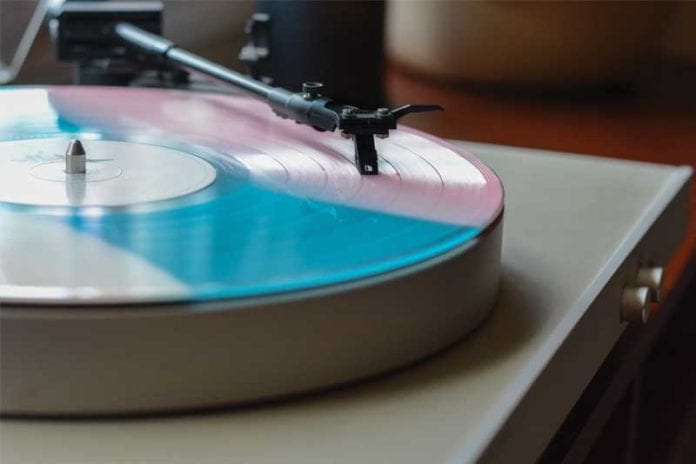A new paper published in the September 2016 issue of the AORN Journal provides insights into the impact of implementing a music therapy program for surgical patients.
The paper, written by two music therapists and a nurse anesthetist at University Hospitals Seidman Cancer Center, is based on what they learned while conducting a two-year randomized study to learn the effect of live and recorded music on the anxiety of 207 women undergoing a biopsy for breast cancer diagnosis and treatment. (The paper can be foundhttp://www.aornjournal.org/article/S0001-2092(16)30315-5/fulltext)
The authors collaborated to introduce music therapy practices into the surgical area. In the study, they randomized patients into a control group (no music), a live music group, or a recorded music group. Due to limited time before surgery, the researchers presented patients in the experimental groups with a live song performed by a music therapist at bedside or a recorded song played on an iPod through earphones.
When self-rating their anxiety using a visual scale ranging from "not at all anxious" to "highly anxious," participants in both live and recorded-music groups experienced a significant reduction in pre-operative anxiety of 42.5 percent and 41.2 percent, respectively, when compared to the control group.
"During our two-year trial, we gained information on potential benefits, challenges and methods of facilitating a surgical music therapy program," said lead author Jaclyn Bradley Palmer, a board-certified music therapist at UH Seidman Cancer Center. "In addition, we learned approaches to integrating the program with perioperative nursing staff members."
Palmer said that a music therapist may be highly beneficial in the surgical setting, and music therapy may be a means of enhancing the quality of patient care in collaboration with perioperative nurses.
"As an interdisciplinary surgical staff member, the music therapist may help nurses achieve patient-related goals of anxiety reduction, pain management, effective education and satisfaction," said Palmer. "And by having professional music therapists facilitate surgical music therapy programs, nursing workloads also may be reduced."
She said additional research should continue to study if music therapy programs in the surgical area have a positive effect on patients.
What do you think? Share your thoughts in the comments section below.


My HMO provided prerecorded music and talk message with positive statements prior to my surgery. It would have been nice to hear it while I was in the perioperative area. I’m sure listening to it before surgery helped my recovery. The excellent one to one nurse care I received in recovery was much appreciated to !